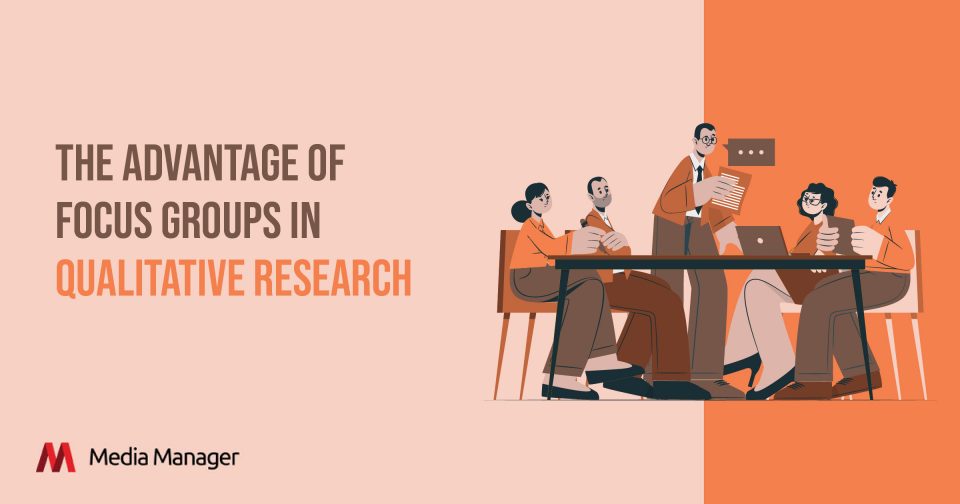
How Can Singaporean Enterprises Benefit from WeChat for Business Marketing?
September 6, 2021
Top 3 Advantages Businesses Gain by Working with Qualitative Research Firms
October 4, 2021The digital transformation race is in full throttle. A continuously growing number of companies around the world now outsource their information technology needs to firms offering technical services.
But aside from technical services, a crucial advantage afforded by these independent firms is market research, which provides the empirical data necessary for evidence-based decision-making.
In Singapore, which is considered as the central digital transformation hub in Asia, IT consultancy firms offer extensive research services using methodologies that range from traditional customer surveys, product feasibility studies to modern data analytics like customer online behavior tracking.
But among old and new methods, the focus group discussion (FGD) remains a relevant and effective market research tool.

Focus Group Discussion as a Science
In a nutshell, FGD is an in-depth qualitative data-gathering method, and is a type of group interview conducted systematically with 10 to 12 people rather than a single individual (Mishra, 2016).
It is, therefore, a form of scientific inquiry. Although many FGD sessions appear like ‘casual’ conversations among peers, an FGD has to be carefully planned with specific objectives in mind.
Researchers must plan and design a proper FGD process in order to obtain highquality data. They must determine orderly and effective main questions, should always be aware of the main purpose and focus of the research, develop a central agenda and structure for the sessions, and identify and invite the right discussion participants.

Focus Group Discussion as an Art
Aside from being systematic, effective facilitation is a critical key in handling FGDs due to individual and cultural diversity. For instance, holding a focus group Singapore setting will always be different from another Asian or European environment.
Even group compositions of a typical FGD vary considerably. Members will most likely have a unique individual background, preferences, experiences, and ideas. Market research companies must therefore be capable of managing different opinions, integrating similar ideas, and balancing both negative and positive sentiments.
FGD is, therefore, also an art form in facilitation. Since FGDs are social exchanges, they require group management and social interaction skills to control or steer discussions and develop ideas through co-creation.

Focused Group Discussion Today
As the world shifts into predominantly online interactions, market research companies have also transitioned into conducting market research online, including FGDs. Although the processes involved are more or less the same with traditional live FGDs, contemporary online FGDs present new difficulties.
For instance, as with most online interactions done through platforms like Zoom or Facetime, facilitators do not see many bodily gestures or the participants’ environment, and therefore cannot readily respond or adjust to these factors. Users’ access or the equipment used by participants can also vary and cause disruptions and ambiguities in data collected.
Finding a Partner with FGD Competence
Despite the increasing number of market research tools and techniques, focus group discussions remain a highly relevant data gathering strategy that combines effective systematic groupthink with artful management styles of interpersonal communication.
Many capable market research firms now populate Singapore as the new digital transformation centre of Asia. Given the unique challenges and new nuances of digital marketing, it is best to partner with a competent digital agency in Singapore with an established record in managing both traditional and contemporary market research, such as Media Manager.
For more information about our services and performance record, visit https://www.mediamanager.com.sg/.



